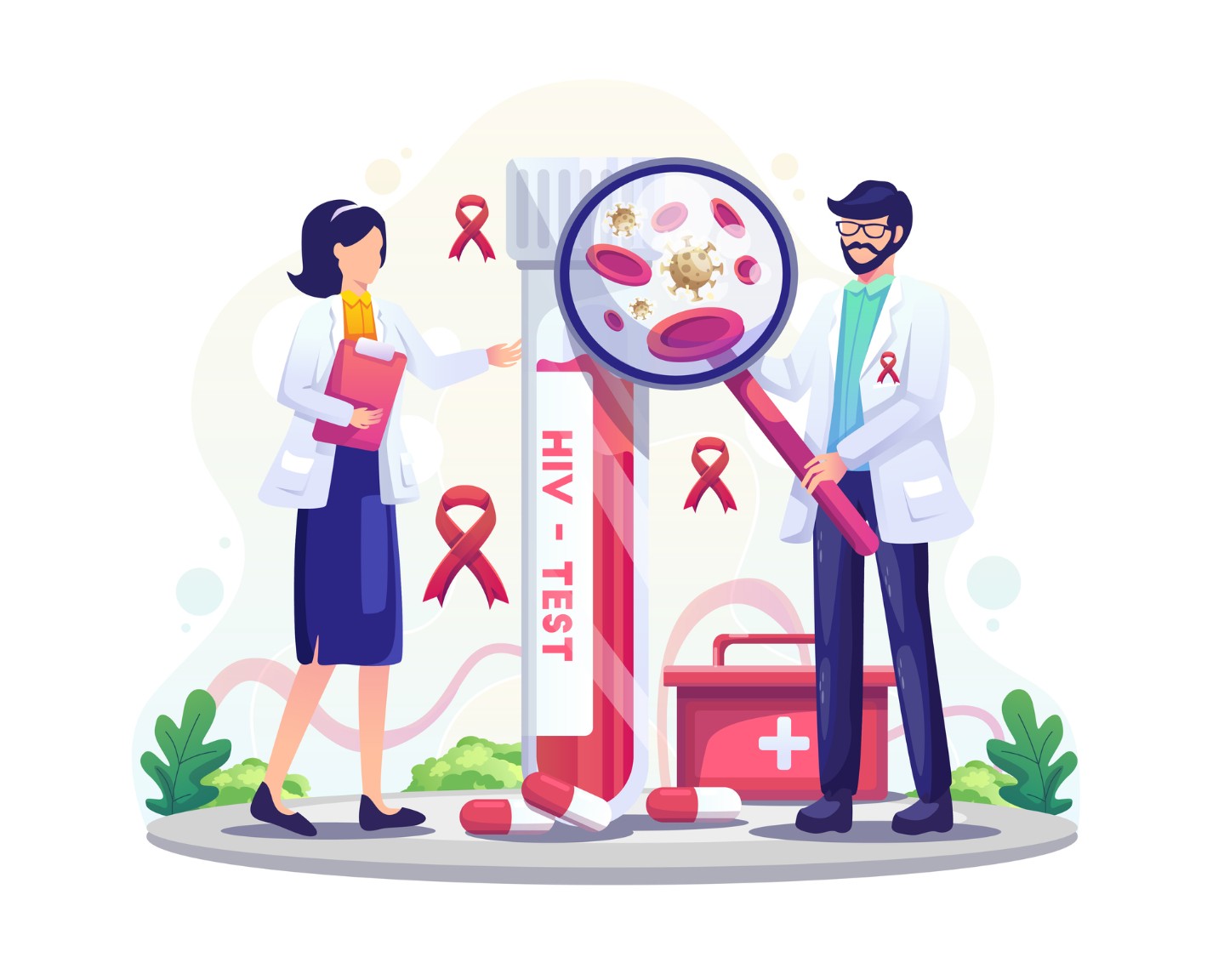Beyond the Chill: Understanding Raynaud's Phenomenon
JAN 29, 2026Raynaud's phenomenon is a rare disorder that affects the blood vessels, most commonly in the fingers and toes, but sometimes also in the nose, ears, or lips.
Read More
Just because HIV/AIDS isn’t in the news doesn’t mean it’s over, or that people are not at risk. Testing for HIV is important. More than 30,000 people in the US received an HIV (“human immunodeficiency virus”) diagnosis in 2020, according to the Centers for Disease Control (CDC).
There’s always a concern that people with HIV are going undiagnosed simply because they are not seeking testing. Some areas reported an increase in HIV cases after the pandemic started. In fact, an ER in Chicago saw an increase in cases as they tested for HIV alongside testing for COVID-19.* The situation is not different for Nebraska, where we have seen an increase in HIV cases in 2021 since 2010**
I encourage people to ask their providers to screen them for HIV regardless of risk factors. The CDC recommends that everyone between the ages of 13 and 64 get tested for HIV at least once as part of their routine health care. The CDC also recommend that people who engage in behaviors that might increase their risk (having intercourse or sharing needles with HIV-positive persons) get tested more often.
Many people don’t know HIV tests are covered by health insurance without a co-pay, as required by the Affordable Care Act. If you do not have medical insurance, free or low-cost tests are available in many communities.
You can always ask your health care provider for an HIV test. Two types of tests are used.
Both tests require your health care provider to take a sample of blood or oral fluid.
HIV testing is often not a one-and-done experience because of the window between the time of a possible HIV exposure and when a test can detect HIV in your body. The most updated test detects HIV within 14 days of infection. For that reason, you may be recommended to test again after the window has passed.
Likewise, a positive result is also often confirmed with another test. It’s important to emphasize that testing positive for HIV does not mean you have AIDS. AIDS (“Acquired immunodeficiency syndrome”) is simply the most advanced stage of HIV disease. With early diagnosis and treatment, you may never develop AIDS - and you can live a long, healthy life.
As a general rule, people who have certain risk factors should get tested once a year. If you have any concerns, talk to your provider. Knowledge is truly power when it comes to HIV. But only if you take action.
Resources
**NDPH HAN 6 July 2022

Raynaud's phenomenon is a rare disorder that affects the blood vessels, most commonly in the fingers and toes, but sometimes also in the nose, ears, or lips.
Read More
Winter brings beautiful snowy landscapes and cozy evenings, but the cold, dry air—indoors and out—can be harsh on our hands, leading to dryness, cracking, and even more serious issues like frostbite. Protecting your hands is crucial for comfort and s...
Read More
While BMI can be a useful screening tool for populations, relying solely on this single number to define an individual's health and dictate weight management strategies is outdated and often misleading.
Read MoreWhen you need local health information from a trusted source, turn to the CHI Health Better You eNewsletter.